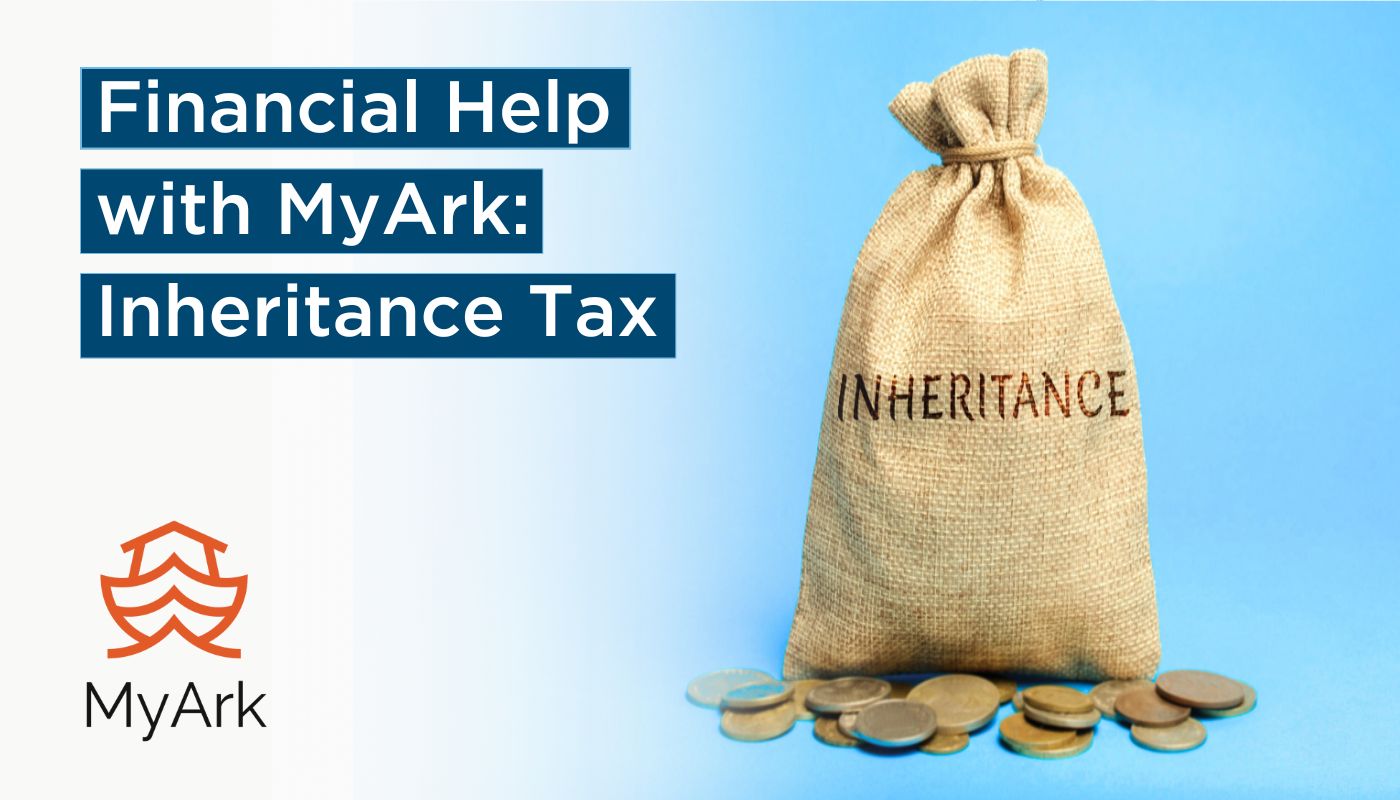
When thinking about your finances it’s important to think across all the generations, and what you would like to or may need to help pay for. Planning your finances intergenerationally can also bring real savings.
An Example: You can start a child’s pension at any age. If a grandparent were to make a £100 monthly contribution to a pension for their grandchild, from the day they’re born, increasing the contribution by inflation each year, then with just modest investment growth over that time period, the pot could have grown to more than £68,000 by the grandchild’s 21st birthday. This would include the pension having benefited from over £8,000 of tax credit paid in by the government to boost contributions over that time period.
But what if the grandparents just waited to pass their money on through inheritance?
In this scenario, the grandparents save the money and invest it themselves because they plan to leave it in their Will. If they died on the grandchild’s 21st birthday, after the impact of inheritance tax on the savings, the legacy would be worth just £33,000 – i.e. less than half of the legacy by funding the child’s pension.
Other things to think about
Helping children learn about savings and the importance of ‘financial literacy’ can make a huge difference over their lifetime. If the initial pot of £68,000 was maintained by the grandchild from the age of 21 and they continued to put in £100 per month, they could have a pension worth £500,000 by the age of 50!
Inheritance tax – The ‘voluntary’ tax
Inheritance tax (IHT) is 40%, so its worth trying to plan for it where possible. The ‘nil rate band’ has now been frozen at £325,000. This means you are taxed on everything that you pass on over £325,000. This doubles for married couples & civil partners – so their estates are not taxed on combined assets of £625,000. There is also the ‘residence nil rate band’ – this is where the estate is “exempted” from the first £175,000 of your home’s value if it goes to ‘lineal descendants’ i.e. children/grandchildren, not nieces/nephews or friends. (note: the residence nil rate band is reduced down if you have a total estate of £2m+.) In total a couple can leave up to £1m before your ‘estate’ gets taxed (£325k + £325k + £175k + £175k). This seems a lot BUT if you have a house and a pension you can hit the maximum pretty quickly.
So what do we do?
If you give assets away during your lifetime they won’t form part of your inheritance taxable estate, provided they’re qualifying gifts. Examples of gifts that qualify:
- Gifts to charity.
- Gifts to your spouse or civil partner.
- £3,000 per year exemption.
- £250 [per annum] per person to as many people as you like.
- Gifts when a child, grandchild or other relative or friend gets married. £5000 child; £2500 grandchild; £1000 anyone else.
- Anything you have given away more than seven years before you die.
- Regular gifts out of surplus income. Especially for more wealthy people e.g. a grandparent can use this exemption (if they can prove they don’t need the money to pay their own cost of living) to pay their grandchildren’s nursery or school fees. It is immediately exempt from IHT.
And finally…
There are other ways in which you can plan your financial affairs and inter-generational wealth transfer to legitimately reduce the impact of a liability to inheritance tax.
- Use of different types of trust.
- Some investments have additional ‘relief’ from IHT. If you invest in companies that are listed on the AIM stock exchange i.e. smaller companies, they only need to be held for 2 years in certain qualifying companies to be IHT exempt. But they carry investment risk and so you should take tax and investment advice before investing.
- Whole of life assurance settled into trust, to pay an IHT bill. This is when you take out insurance to pay your IHT bill, so your family don’t have to.